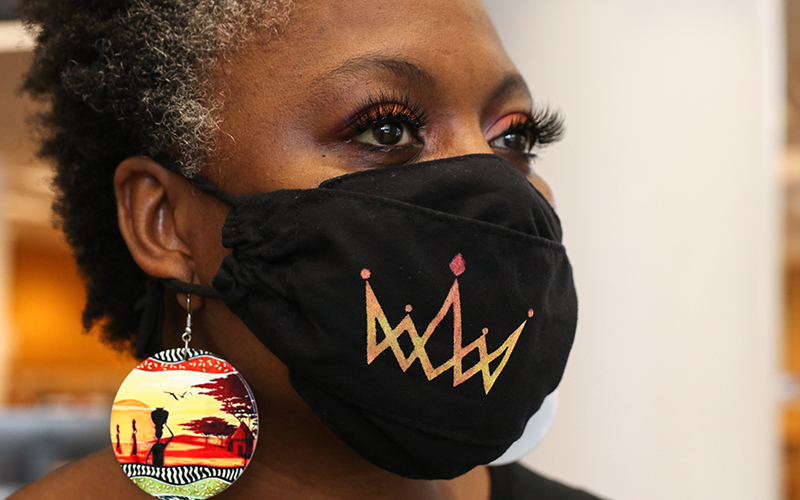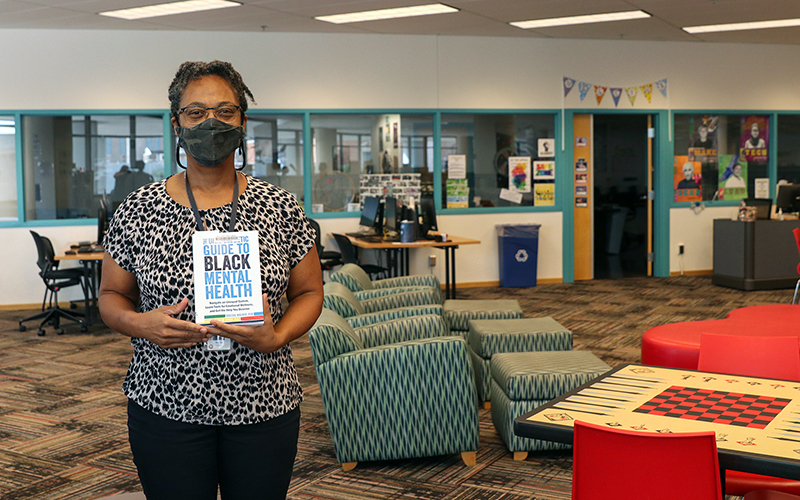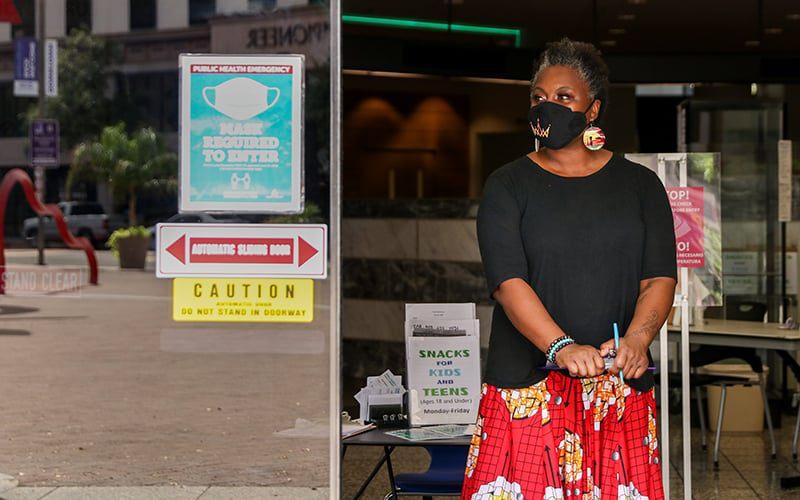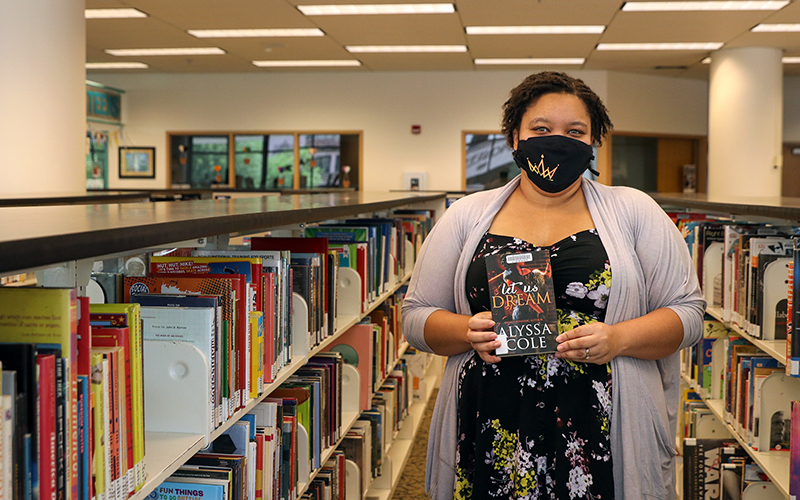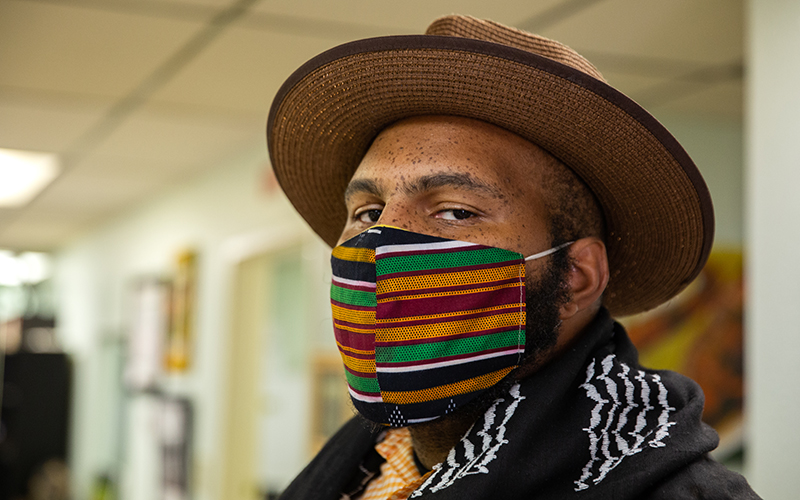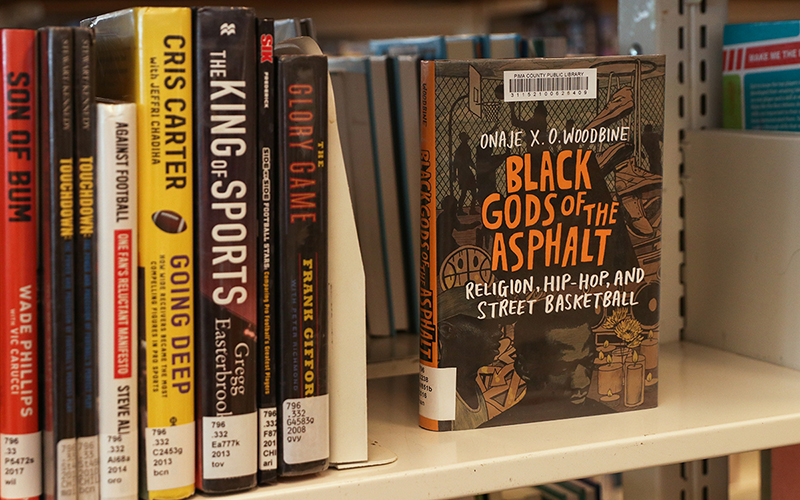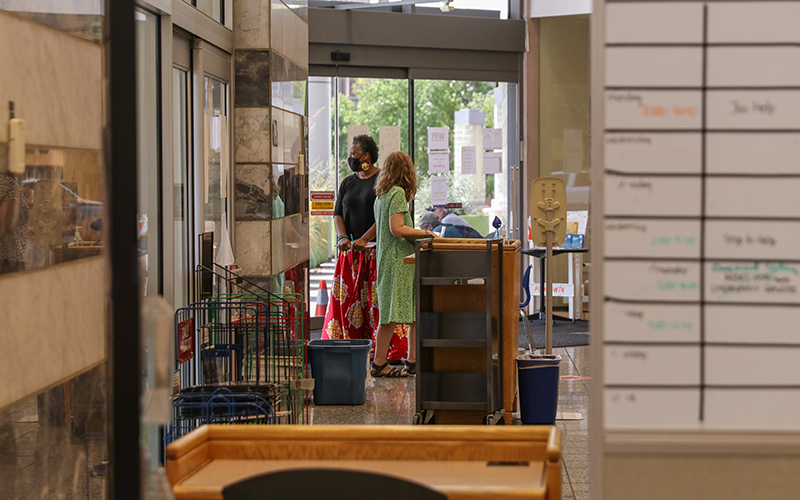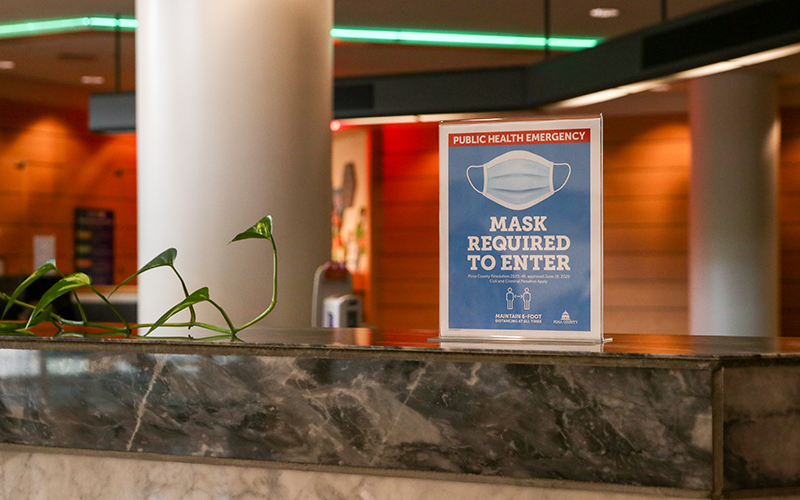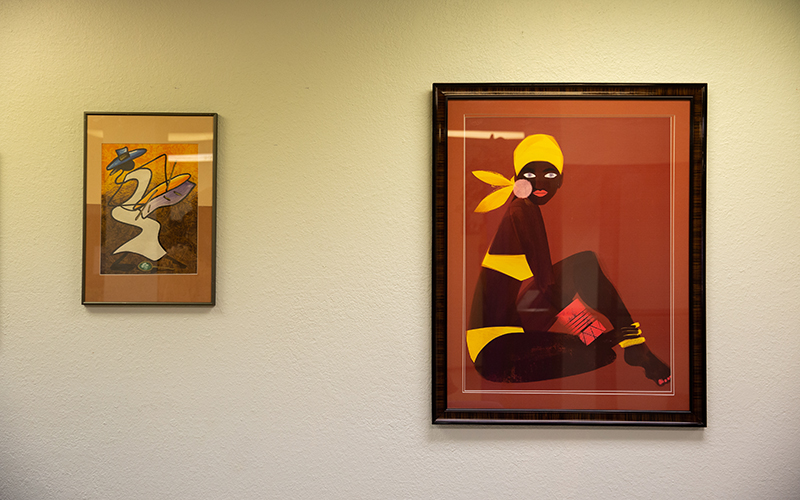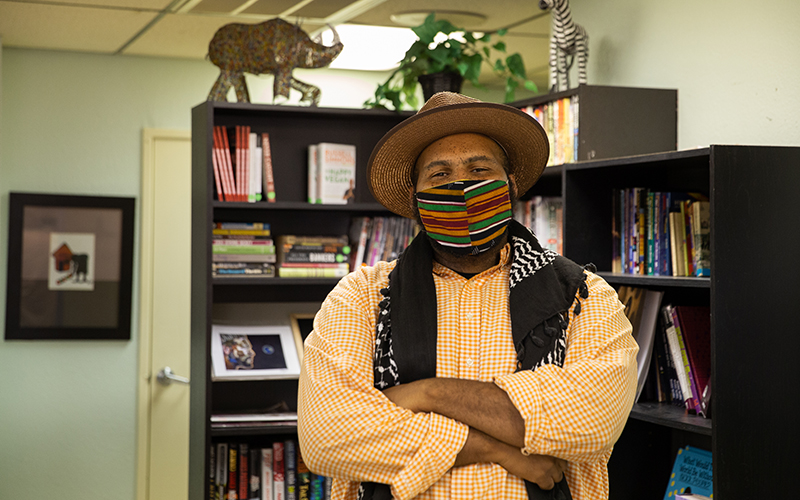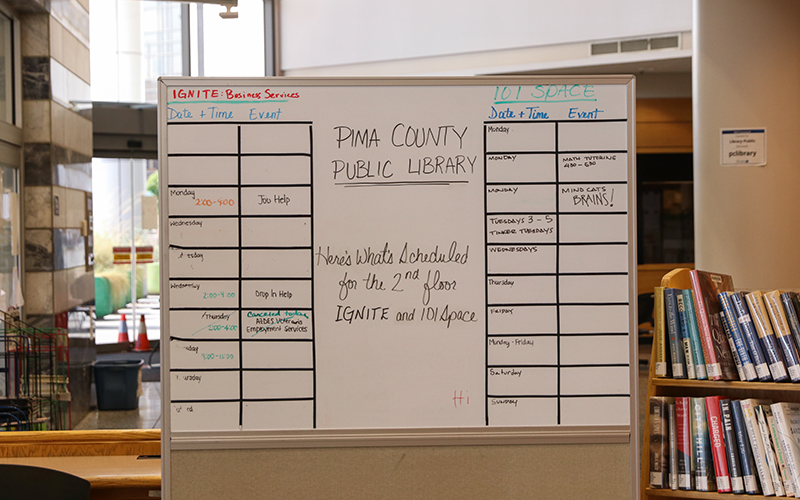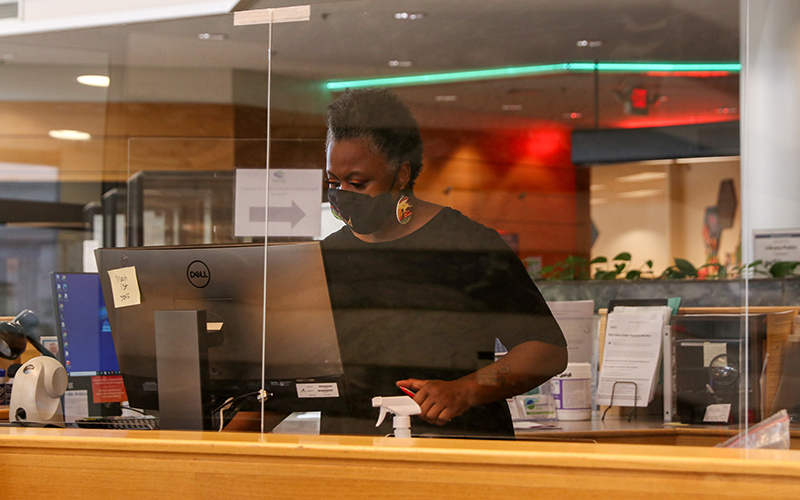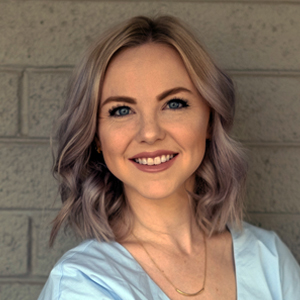Spurred by the recent killings of George Floyd, Breonna Taylor, Ahmaud Arbery and other Black Americans, recognition and representation are at the forefront of society. Some have turned inward, educating themselves on how they’ve contributed to America’s history of systemic racism and reimagining an equitable society.
Phillips, who grew up in Tucson and self-identified as a “nerd,” spent her childhood bonding over books with her father. She said she felt safe in the library – despite rarely seeing other Black people there – and has long understood the importance of diversifying the library system, a profession that is overwhelmingly female and nearly 88% white.
The American Library Association recognizes the racial disparity among librarians and the materials patrons have access to in public collections, especially considering the racial makeup of many communities served by public libraries. Leaders apologized for the systemic racism that threads library systems and in 1970, created the Black Caucus of the American Library Association to help bridge the gap – a goal that’s still in progress.
Operating independently from the American Library Association, the Black Caucus hinges on the concept of community connection on and off the page.
Shauntee Burns-Simpson, president of the Black Caucus, said that when the connection between a library and its community members is lost, “they probably won’t visit the library and it’ll just be another building on the block.
“You have to prepare your community for the bigger world,” she said. “And if the libraries aren’t having materials that reflect that, that’s the disservice that we’re doing to the community.”
Access to diverse titles is still a struggle for library patrons, and there is plenty of room to add inclusion, said Wayne A. Wiegand, an F. William Summers professor of Library Information Studies at Florida State University.
“Librarians can only purchase the books that publishers publish,” Wiegand said. “If publishers continue to publish books largely for the dominant culture, then those residing outside that dominant culture are always at a competitive disadvantage.”
Burns-Simpson said each library maintains its own process for purchasing materials, but the one constant among all librarians is that they must have their “finger on the pulse” of different communities at all times.
“There was something about seeing myself filling the description and knowing that this author got it,” Phillips said, reflecting on a story she read as a child. “You get that from books, you also get that when you see people who look like you reflected in spaces that you enter.”
Phillips, who’s now back at the library where she began her career, spent three years in her profession before ever working alongside a fellow person of color. Even today, there are only two other Black staff members at the main library and only one other Black librarian in the Pima County system in a community that is 5.1% Black.
